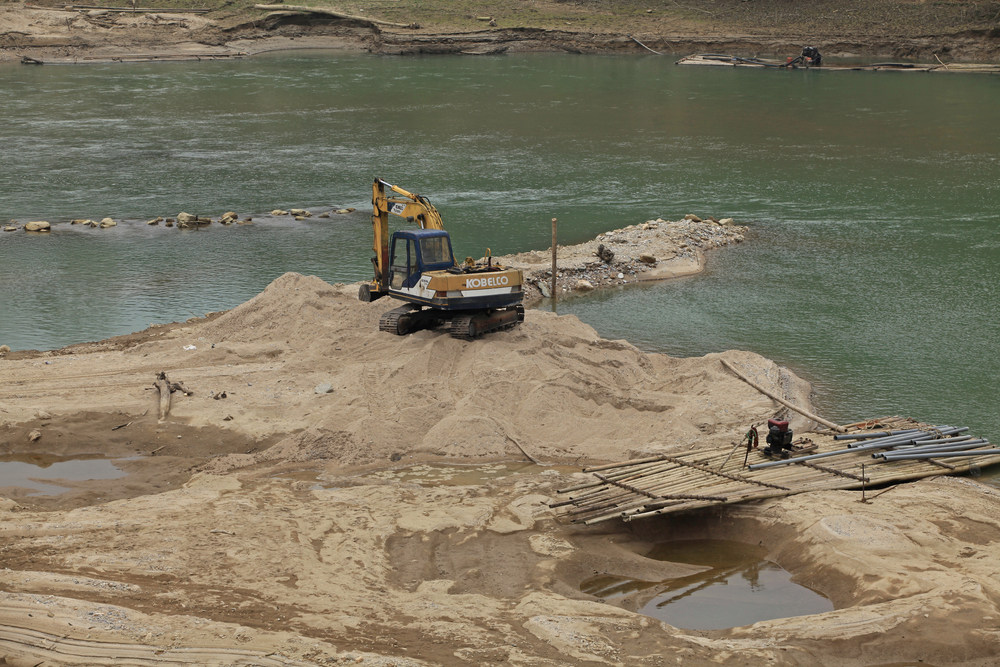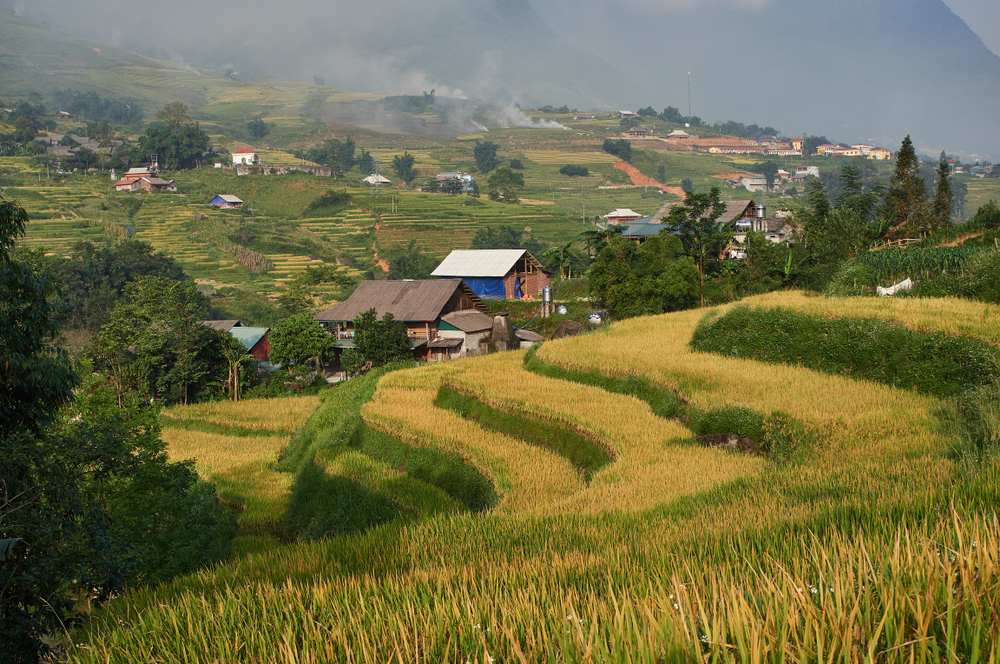Environmental Overview
Vietnam is a country located in Southeast Asia, known for its stunning natural beauty and diverse ecosystems. The country has a population of over 97 million people and is home to a wide range of flora and fauna, including tropical rainforests, coastal plains, and mountain ranges. Despite its natural beauty, Vietnam faces a number of environmental challenges, including pollution, deforestation, and the effects of climate change. In this environmental overview, we will examine the state of some of Vietnam's most important ecosystems and the threats they face.
Rivers
Vietnam is home to several important rivers, including the Mekong River, which flows through the country's southern region. The Mekong River is one of the longest rivers in Southeast Asia and serves as a vital source of water for millions of people in the region. The river is home to a variety of fish species, including catfish, carp, and tilapia, which are important sources of food for many communities. However, the Mekong River is under threat from pollution, overfishing, and the construction of dams, which are affecting the river's flow and the health of its ecosystem.
Lakes
Vietnam is home to a number of important lakes, including Hoan Kiem Lake, located in the center of Hanoi, the country's capital city. Hoan Kiem Lake is a freshwater lake that serves as a popular tourist destination and is home to a variety of fish species, including carp and tilapia. The lake is also an important habitat for a variety of bird species, including storks and herons. However, like many bodies of water in Vietnam, Hoan Kiem Lake is threatened by pollution and habitat destruction.
Coastlines
Vietnam's coastline stretches for 3,260 kilometers (2,026 miles) miles and is home to a diverse range of ecosystems, including beaches, mangrove forests, and coral reefs. The coastline is an important habitat for a variety of marine life, including dolphins, sea turtles, and whales. However, the coastline is also under threat from pollution, overfishing, and the destruction of coastal habitats. The beaches of Vietnam are a popular tourist destination, and the country's economy relies heavily on tourism, making it especially important to protect this fragile ecosystem.
Reefs
Vietnam is home to several coral reefs, including the Con Dao Islands, located off the country's southern coast. The reefs are home to a variety of marine life, including parrotfish, wrasses, and snappers. However, the reefs are under threat from climate change, which is causing ocean temperatures to rise and making it more difficult for corals to survive. Additionally, overfishing and pollution are damaging the delicate ecosystem of the reefs.
Mountains
Vietnam is home to several important mountain ranges, including Hoang Lien Son range, located in the northwest of the country. The Hoang Lien Son range is home to a variety of flora and fauna, including rhododendrons, bamboo, and the endangered saola, a species of antelope. The area is also home to many ethnic minority communities, whose livelihoods depend on the natural resources of the region. However, the Hoang Lien Son range is threatened by deforestation, illegal logging, and mining, which are putting the survival of these species and communities at risk.
Deserts
Vietnam does not have any true deserts, but it does have a few areas of dry grasslands, including the Central Highlands. This region is an important habitat for a variety of grassland species, including elephants, tigers, and deer. However, like many grassland regions around the world, the Central Highlands is threatened by overgrazing, habitat destruction, and climate change. These threats are putting the survival of many grassland species in danger.
Air Quality
Vietnam is one of the most polluted countries in the world, with air pollution levels in many urban areas well above the World Health Organization's recommended guidelines. The main sources of air pollution in Vietnam are industrial activities, transportation, and agriculture. The country's rapid economic development and growing population have put increasing pressure on its natural resources, leading to greater levels of pollution. Air pollution has significant health impacts, particularly for vulnerable populations such as children and the elderly, and can cause respiratory problems, cardiovascular disease, and other health issues.
Conclusion
Vietnam is a country with a rich natural heritage, but it is facing significant environmental challenges. Pollution, deforestation, and the effects of climate change are threatening many of the country's ecosystems and the species that depend on them. While the government has taken steps to address these issues, more needs to be done to protect Vietnam's natural resources and ensure that they are available for future generations to enjoy. With continued effort and investment in sustainable development, Vietnam can maintain its unique and beautiful environment for years to come.
Copyright © 1993–2025 World Trade Press. All rights reserved.

 Vietnam
Vietnam 

